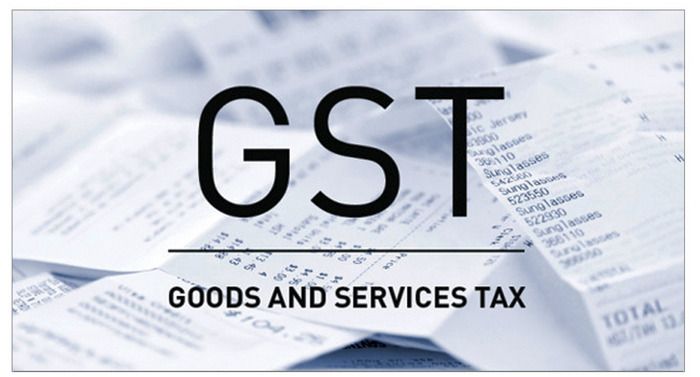How does the Goods and Services Tax (GST) affect you?


By Mariam Mokhtar
Former International Trade and Industry Minister Rafidah Aziz, who served in the Cabinet from 1987 to 2008, has expressed confusion about the Goods and Services Tax (GST), which was implemented on April 1 (April Fool’s Day). So, were you just as baffled? Or are you quite confident about the GST and how it affected you?
The promises of lower prices, made by the prime minister Najib Abdul Razak and the Deputy Finance Minister, Ahmad Maslan, have not materialised.
In the run-up to its implementation, various publications, advertising billboards, and a much criticised music video by the Customs department was used to praise the GST. Despite the information supplied by the government, many people remain unclear about the GST and its role.
Basically, the GST is a 6% tax on goods and services. It is applicable to most products which consumers buy. The main exceptions, according to the official guidelines, are “zero rated supplies” and “exempt supplies”, but this has only added to the confusion. What does “zero rated supplies” mean?
Some people have suggested that the government should use the national newspapers, in Malay, Chinese and Indian, to publish a list of items which are exempt from GST.
Rafidah, who comes from Kuala Kangsar said, “Some time ago, there was a billboard near my house that said education would be exempted from GST. It even had a cartoon drawing on it.
“I thought, what does that mean? Are university fees or tuition fees exempted from GST? What about books or computers or school-related tools?”
She stated that the government should meet business owners to discuss the impact of the GST.
She said, “Right now, there appears to be no coordinated effort. That’s the only problem. I have no quarrels with the tax itself. It is a good move to rationalise taxes. But people are not familiar with it; some are taking advantage of it, and that causes confusion and hoarding.”
She also said that the list of exempted goods should be explained in simple language, not jargon.
Perhaps, you were lucky and did not find the GST confusing, or notice any change in your spending power.
Some people simply shrugged their shoulders and ignored the tiny increases in their daily bills. An increase of a few ringgit, in a day’s purchases, may not seem like a lot, but over the month, may create a large dent in your finances. You might have felt the pinch, on day one of the GST.
Some people fear that the GST will deter consumers from spending. In the week before the GST was implemented, consumers went on panic buying sprees, triggering shortages of many items. Others claimed that some shops took advantage of the people’s fears and charged higher prices.
Last month, former Prime minister Mahathir Mohamad advised the rakyat to complain to the government, if they felt the extra burden of the extra tax. He said, “They can tell the government, please don’t charge any more taxes. If you charge more taxes, we will not vote for you next time.” (sic).
When asked if he thought the list of medicines which were exempt from GST should be expanded, he said that he feared that the GST would increase the cost of healthcare.
The papers and social media sites have reported that many small shops have decided to stop trading, after decades in business. Their owners are small time operators who are not computer literate and cannot afford the software or the accountancy services which are necessary to comply with the GST rules.
There have been stories of shopkeepers and waiters receiving an endless stream of queries about the rise in cost of goods. Some shops have rudely responded to their customers’ questions, and others have refused to give receipts, or explain the extra charges.
Other traders have taken advantage of the GST, by rounding up the final bill, to the highest nearest ringgit. These increased charges, make extra money, in this illegal profiteering exercise.
Other unscrupulous traders have told their customers that there have been no changes, but the consumers noticed that their coffee was more dilute, or a significant decrease in the size of portions of food.
If you would like to highlight any GST abuses, please write to The Ipoh Echo, so the paper can publicise your complaint.


